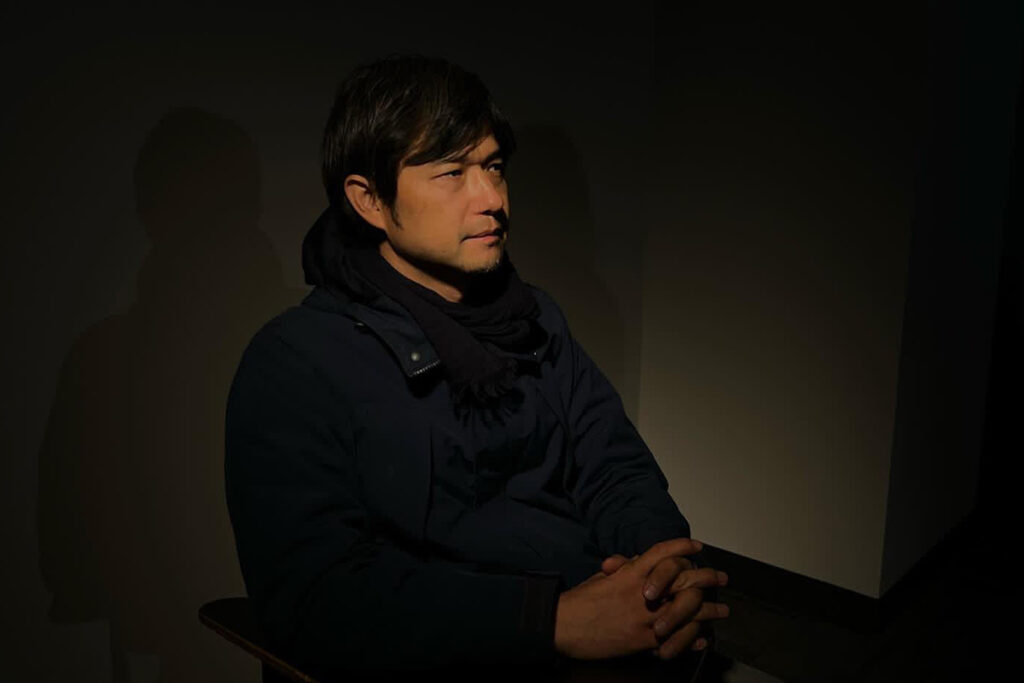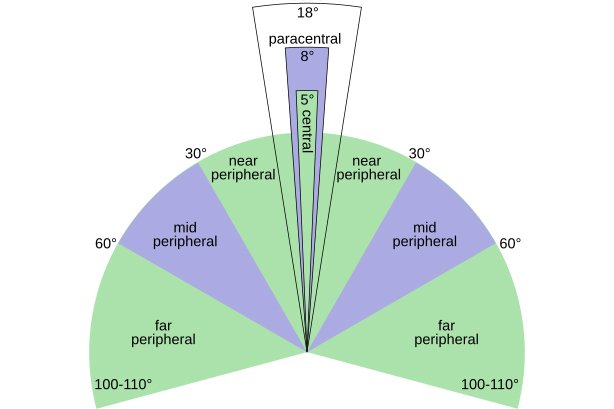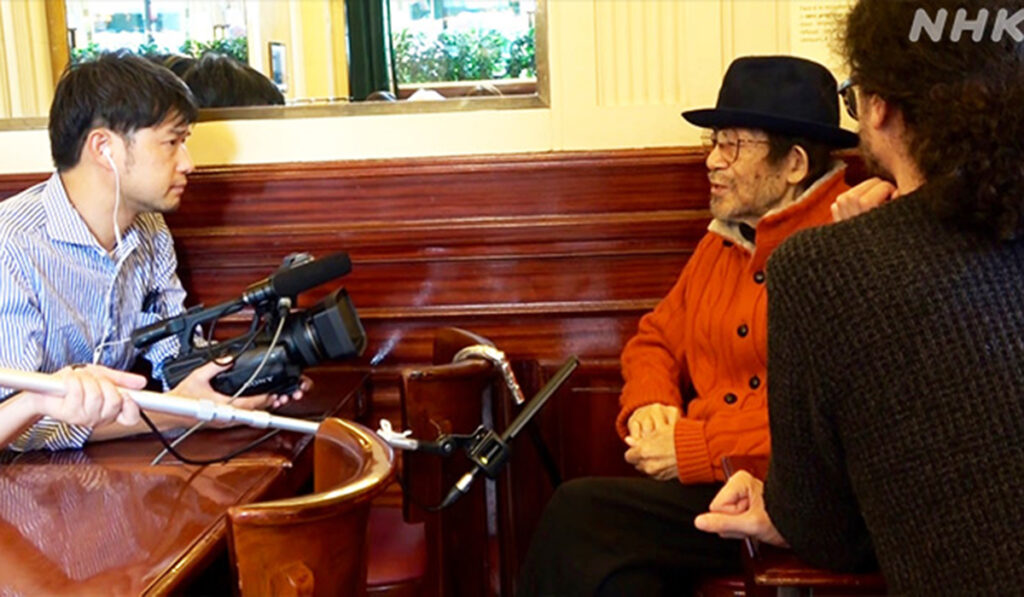A New Vision: Emerson Grad Student’s Filmmaking Evolves With Rare Eye Condition

Takaya Kawasaki, MFA ’25 has spent most of his life looking through a camera lens. But after being diagnosed with a rare eye condition that caused him to lose most of his peripheral vision, Kawasaki has had to view the world from a different perspective—one that brings him hope and promise amidst the challenges.
Kawasaki, a student in Emerson’s Film and Media Art program, didn’t start out as a documentary filmmaker. Instead, he was headed for a career in music after graduating with a law and politics degree from Kyoto Sangyo University, and doing creative independent films on the side.
Though he was living in Japan at the time, the terrorist attacks on Sept. 11, 2001, inspired him to become a journalist.
“I realized that before I make a story [of] my own creation, it’s better to know the reality of this world,” Kawasaki said.
Kawasaki said information about the attacks were coming into Japan via English-language news outlets. Most Japanese news stations just broadcast translations of news on the subject, especially in the days and weeks following the attacks, so he started studying English, and got a job with The Japan Times in 2002.
He later received a Fulbright Scholarship to get his Master’s in Journalism at New York University in 2005. Kawasaki’s thesis film, Good Morning, Dangme, about a pioneering Ghanaian community radio station, was nominated for the David L. Wolper Student Documentary Award from the International Documentary Association.
Following graduation from NYU, Kawasaki joined Japan’s largest broadcasting corporation, NHK, where he built a career producing documentaries and news programs.
“Takaya is always on the move with his unremitting energy,” said Susumu Shimokawa, Senior Producer for the NHK Japan World Department. “But at the same time, he always quietly deliberates for a very long time. He never easily compromises, even in selecting a single word or camera angle.”

At NHK, Kawasaki set out to be an underwater videographer, and was stationed in Okinawa for two and a half years as a correspondent. While documenting U.S. military jets one day, Kawasaki started to notice a problem—his peripheral vision was becoming increasingly limited, and he could no longer follow the jets. In 2013, Kawasaki was diagnosed with retinitis pigmentosa, an eye disease that causes vision loss.
“I thought, what kind of punishment is this?” Kawasaki said. “I had devoted myself to becoming an underwater cameraman, and my second goal was to be an international correspondent. I thought everything was over because I was losing my eyesight.”
Despite losing nearly 90 percent of his peripheral vision, Kawasaki said some of his most meaningful work came after his diagnosis.

In 2017, Kawasaki met Nobuhiko Obayashi, a pioneer of Japanese experimental film and director of the cult classic horror movie, House. Obayashi was diagnosed with lung cancer in 2016, told that he had just months to live, yet he directed two films, Hanagatami (2017) and Labyrinth of Cinema (2019), before his death in 2020.
Kawasaki made five documentaries about Obayashi, and while the director was known to be difficult with journalists and had never previously allowed anyone to make multiple documentaries about him, Kawasaki said his ability to empathize with Obayashi’s condition helped build trust in their relationship.
“It was a really, really hard process,” Kawasaki said. “But after he saw my second documentary, he said, ‘You’re so talented, both your filming and editing, and I trust you.’”
Working with Obayashi inspired Kawasaki to start pursuing creative endeavors outside of journalism, prompting him to seek out Emerson’s MFA program in Film and Media Art.
“I started to realize that I need to see through my internal eyes, not physical eyes,” Kawasaki said.
Kawasaki received another Fulbright Scholarship to pursue his MFA beginning last fall. Calling Emerson “filmmaking Disneyland,” Kawasaki has tried to take advantage of the many creative opportunities and challenges that the program offers.
Visual and Media Arts Assistant Professor Owen Egerton taught Kawasaki in his Short Subject and Writing Dark courses, and currently teaches him in Crafting Comedy —a course Kawasaki said he finds quite difficult.
“It’s really fun to see him tackle those styles,” Egerton said. “He’s constantly stepping out of his comfort zone to make new and exciting art. His life experience as a journalist and filmmaker gives him a depth to draw from.”
After bringing his wife and their two young sons to the U.S. while he studies film, Kawasaki said he is determined to make the most of the opportunity.
“I always try to do things I’ve never done,” Kawasaki said. “Then, in the future, it will expand my expression and what I can do.”
Kawasaki seeks to combine elements of documentary journalism with narrative filmmaking, and finds inspiration from prominent directors like Hirokazu Koreeda and Wim Wenders.
“Can we find other journalists like him? Definitely not,” Shimokawa said. “Although his eye vision is narrow, and even if it’s getting narrower, his possibilities to feel, think, analyze and express, are even growing wider.”
Categories